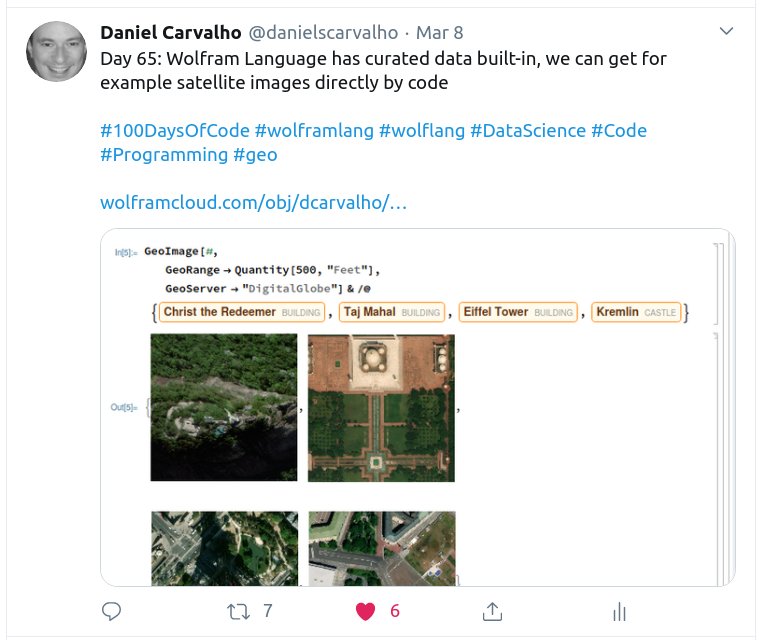There is a hype in the coding ability. In the past, only computer scientists, computer engineers and related technology areas, such as mathematics and physics, had formal education in computing and programming.
When businesses started to adopt computing as the main tool, many years ago, entrepreneurs, economists, finance and other non-technical people have started coding.
For a long time, computing was used for the company's back-office, to perform accounting, financing, stocks, retail, supply chain, HR and so on with databases and ERP, CRM and related systems.
Recently, companies have started to use computing in their main activities, moving from a back-office tool to the main business. Even more, using data available on the Internet and combining it with internal information, Data Science is now an important topic.
Journalists, lawyers, doctors, biologists, artists, and many others are learning to code and are able to apply sophisticated algorithms such as machine learning, regression, clustering and so on in their fields.
Learning to code is not difficult, but to understand algorithms and create your own algorithms, it is another story, it requires hours of study and discipline.
To motivate yourself to learn the basics of programming or learn something more specific, such as Data Science, the challenge #100DaysOfCode on Twitter can be an interesting process, involved by the community.
The idea is to code for one hour every day for 100 days. You can see more details and the official statement here: https://www.100daysofcode.com/
Every day you code for at least one hour and publish your work.
It is interesting to see what people are doing, there are advanced "coders" and beginners.
Obviously, in my challenge, I am working with Wolfram Language: https://twitter.com/search?q=%23100daysofcode%20%40danielscarvalho&src=typed_query&f=live
I am learning more about Data Science and coding using some features of Wolfram Language that I'm not used to working with.
Analyze some curated data about the economic group BRICS
Checking COVID-19 data:
Using Neural Network and Machine Learning: 
And just for fun, playing with my 7yo daughter
The format of my posts on Twitter are: Day X, simple description, #100DaysOfCode, and other related hashtags, link to a published Wolfram notebook, and an image with graphical visualization and the code: 
Get motivated and code! It can be our century most important human capability, and it is a lot of fun!